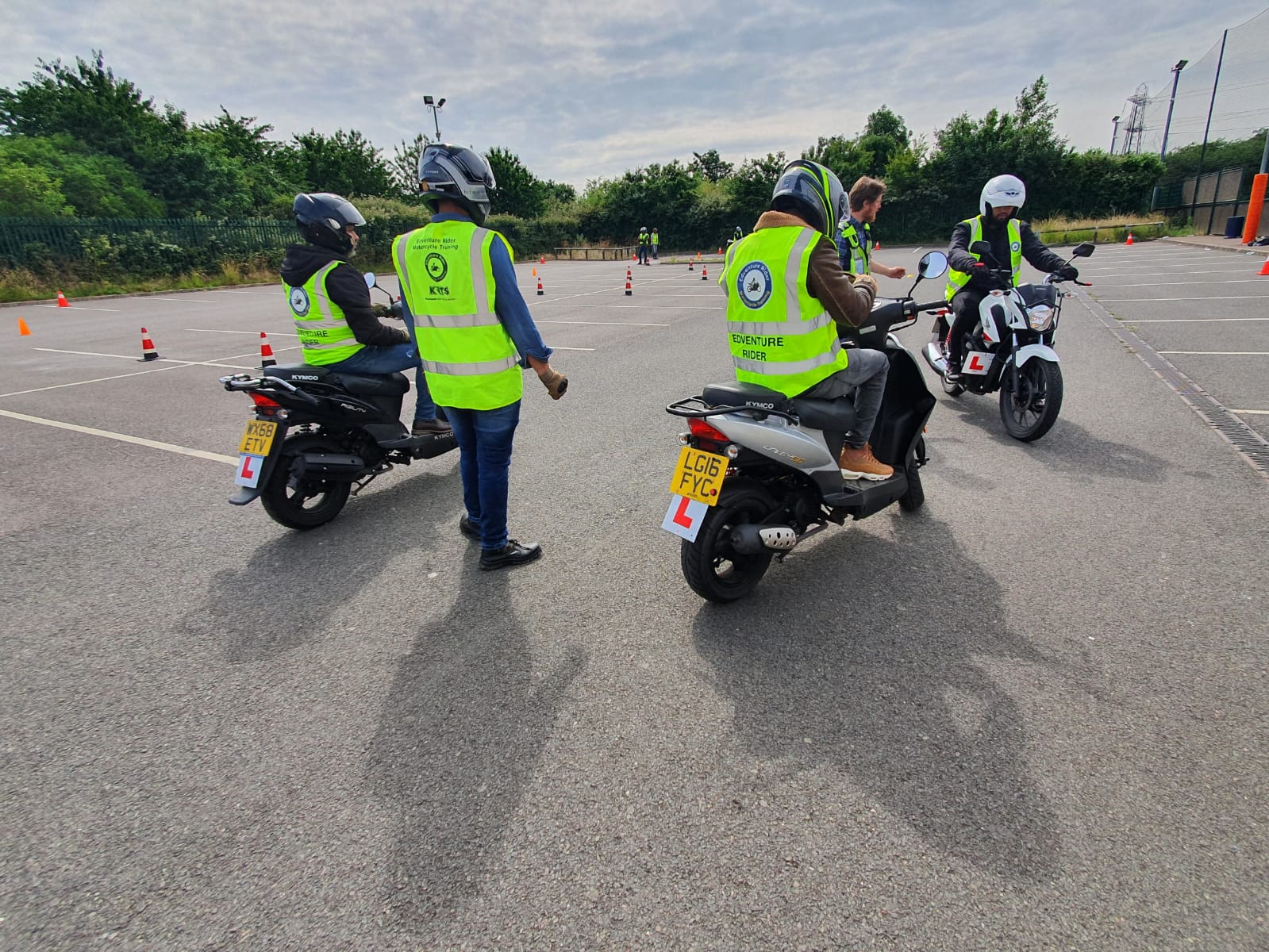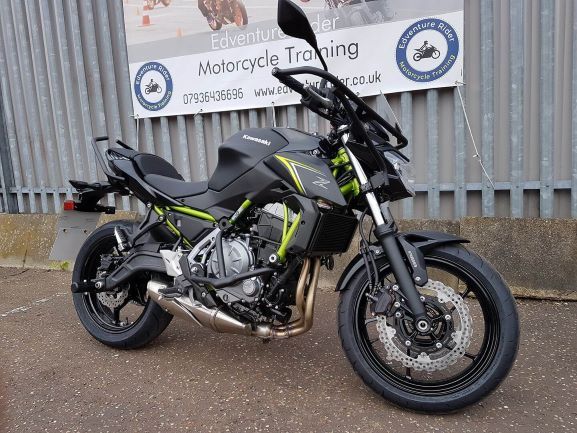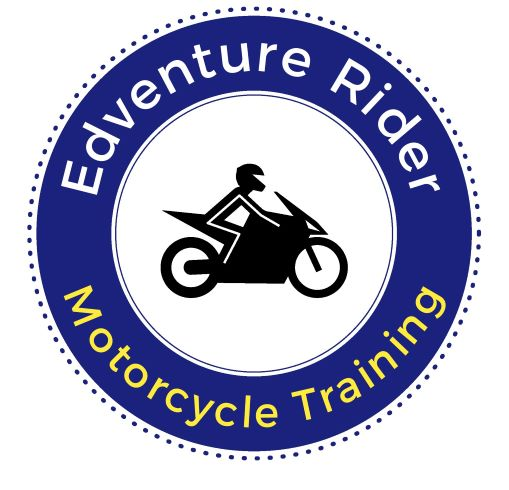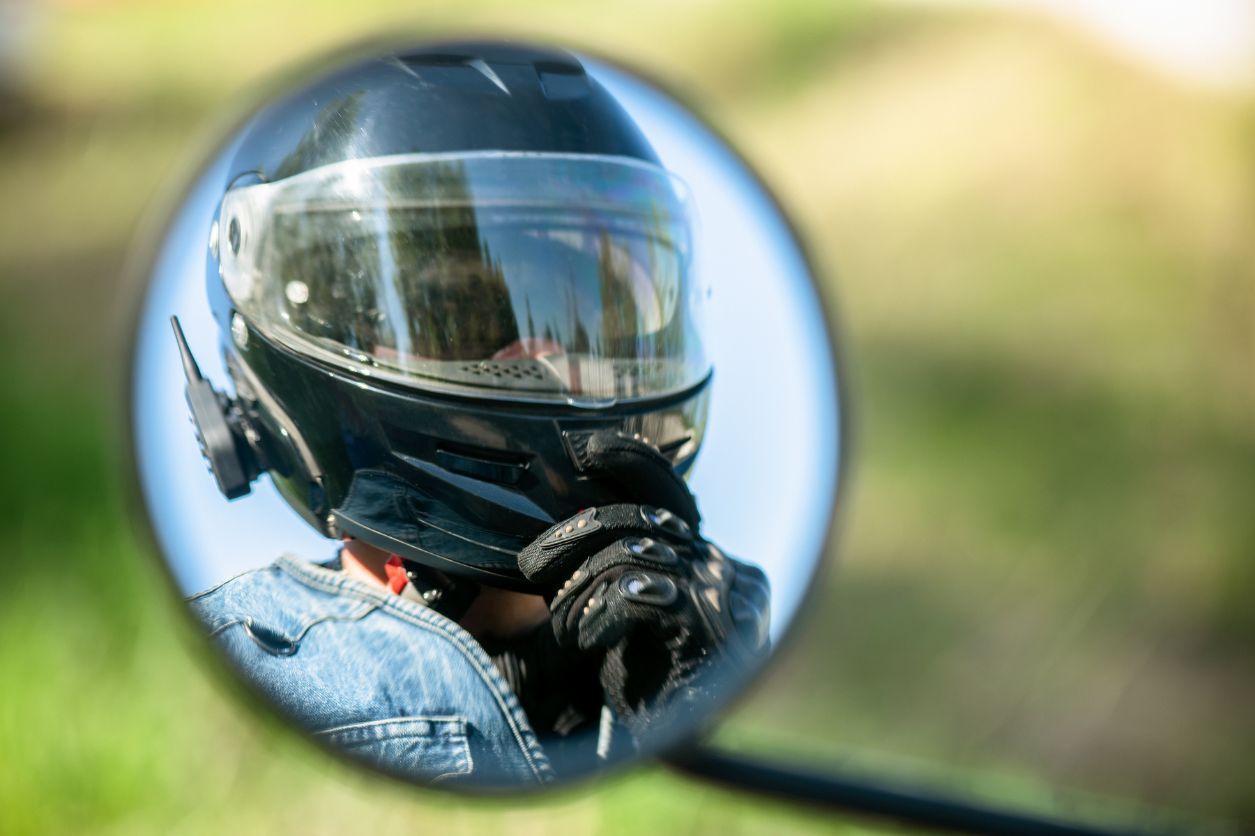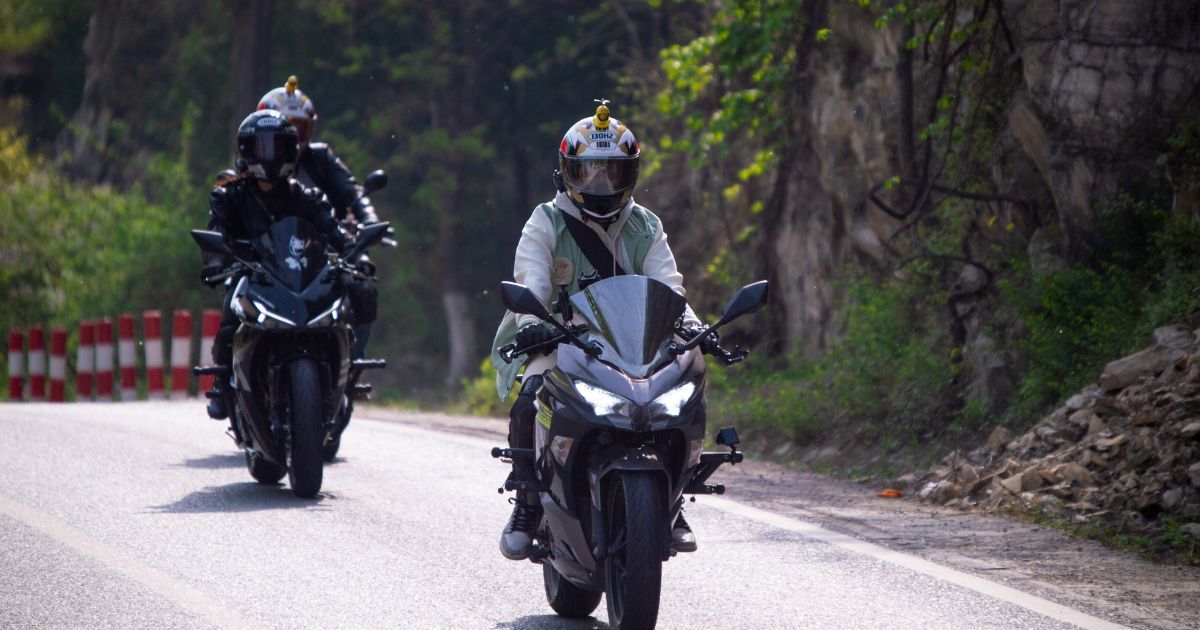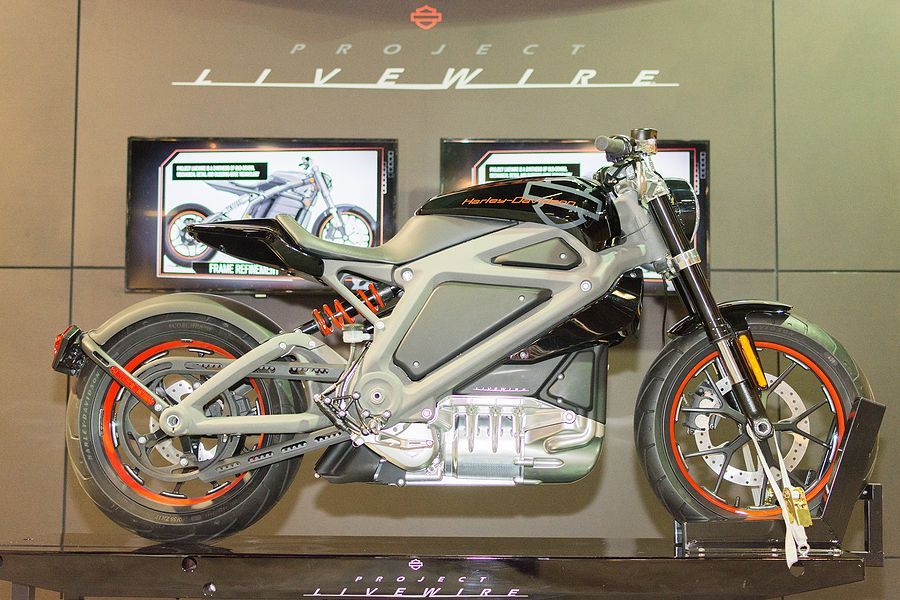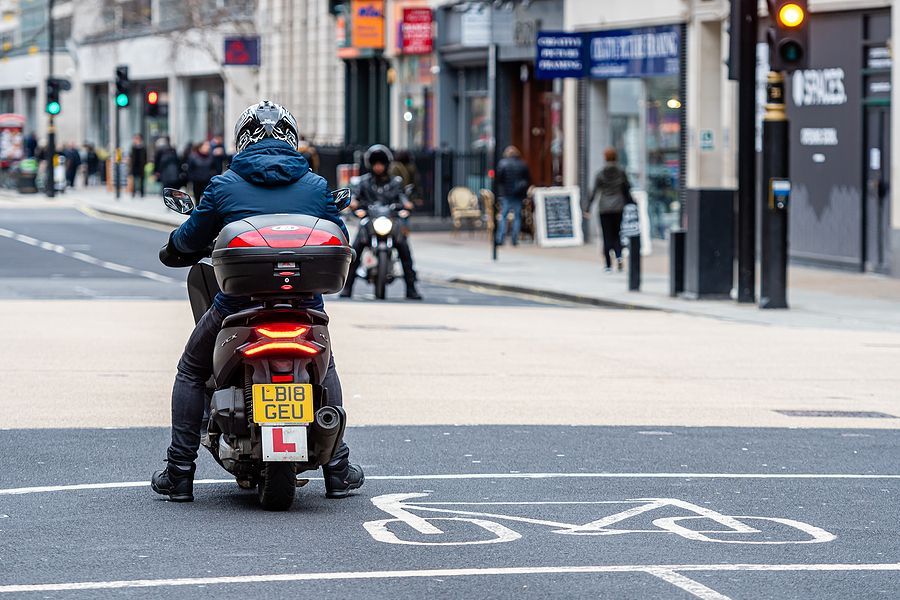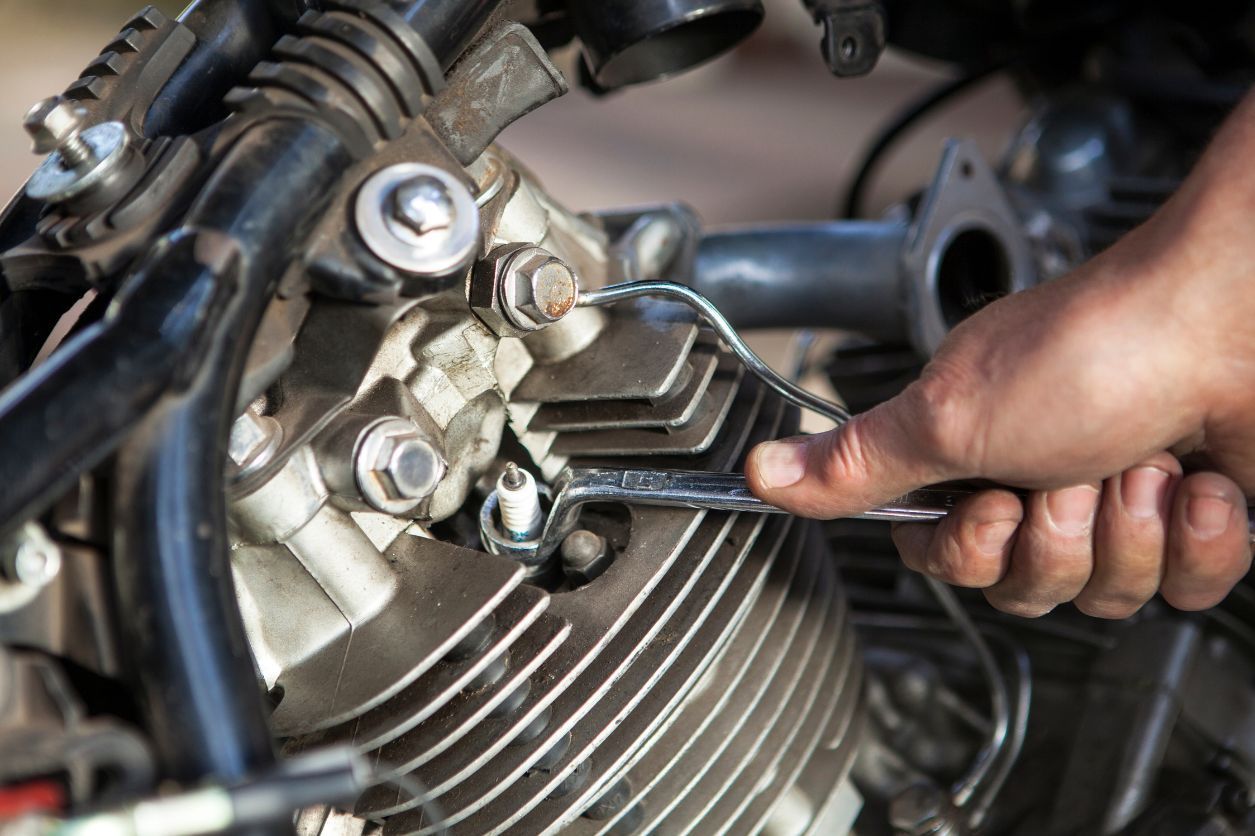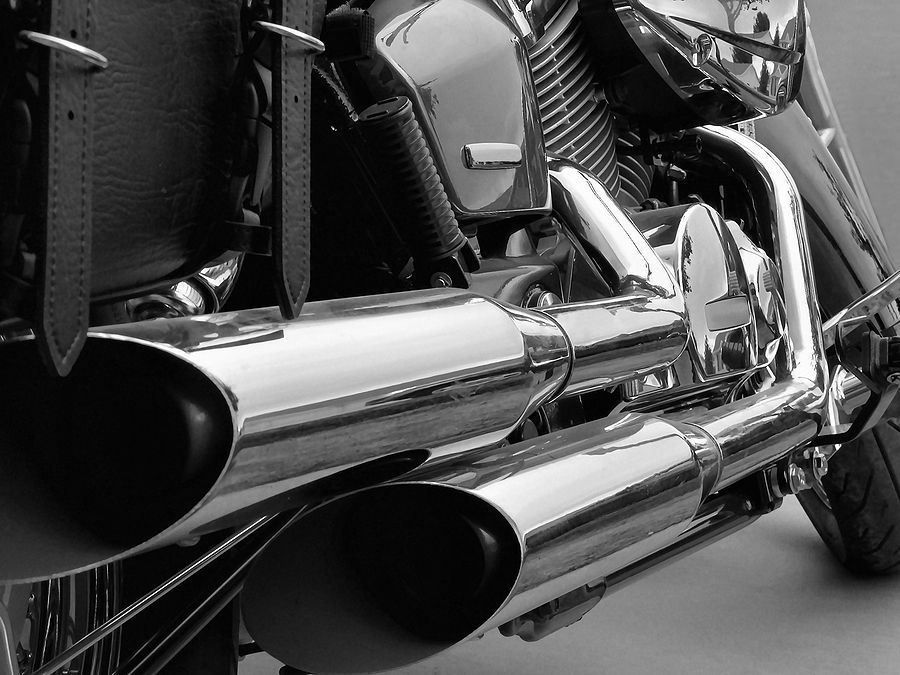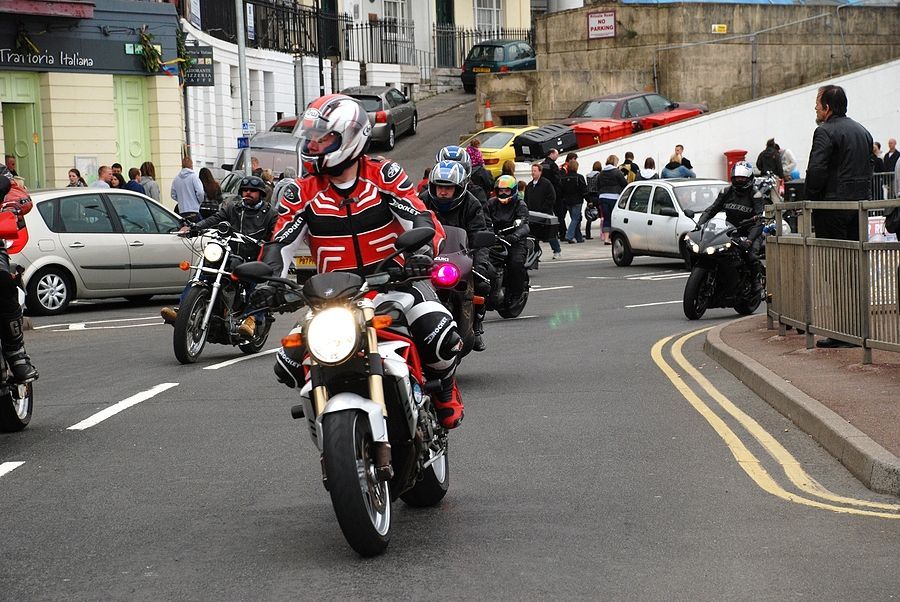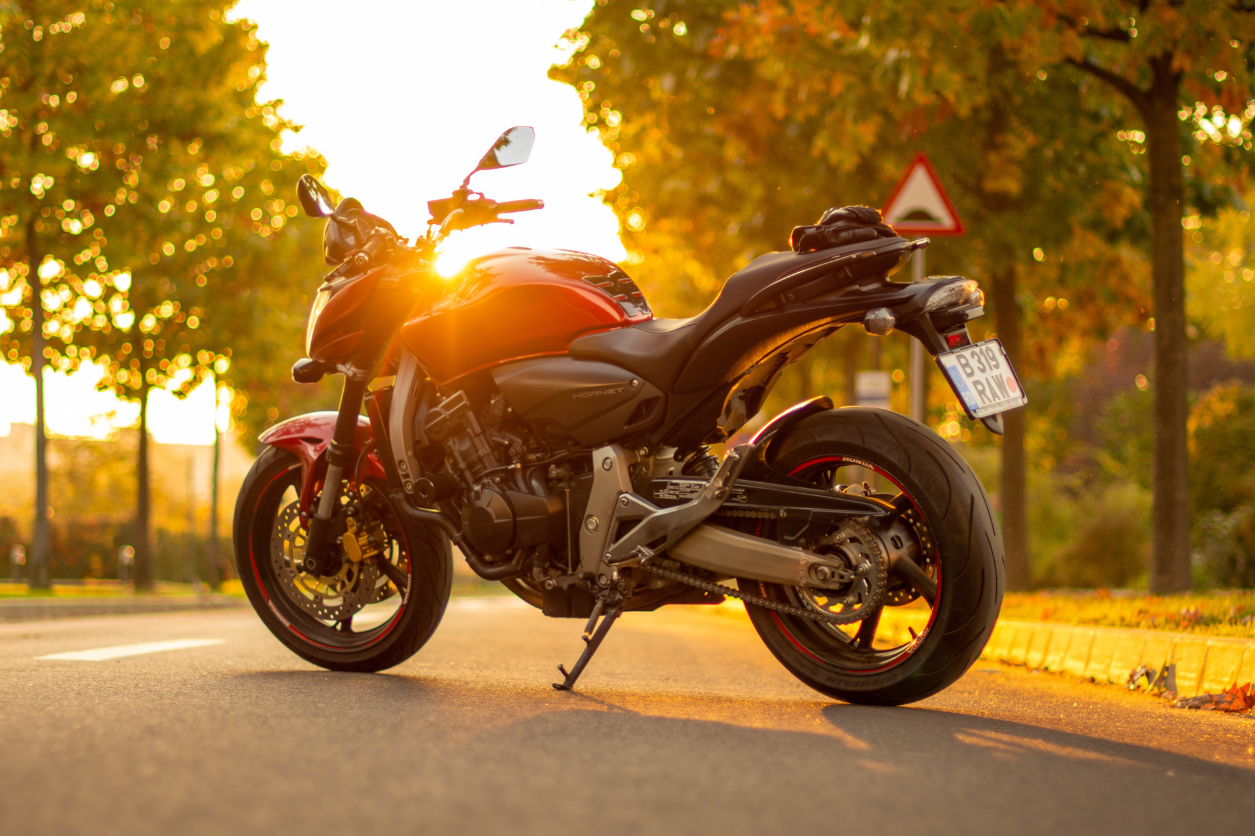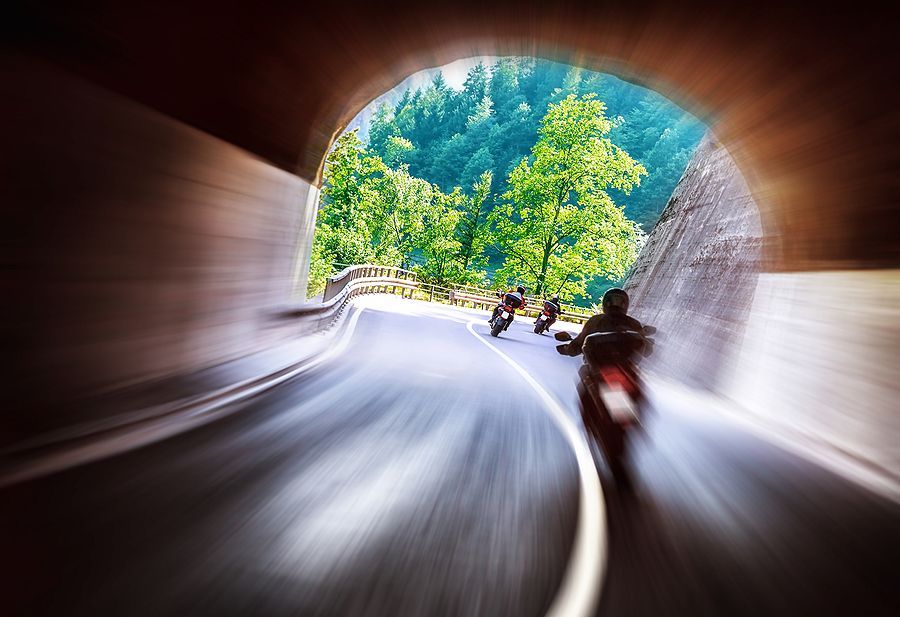Why London Roads Are Far From The Worst
London’s roads may be the most congested in the UK, but the capital’s streets are not the worst by any means, according to new research.
Indeed, anyone hesitating about getting motorbike lessons in London might be surprised by the findings of a survey by car hire firm LeaseCar.uk.
The study checked out the best and worst regions of Britain to drive in, based on a range of criteria such as traffic levels, accident rates and potholes.
It is certainly true that London comes down towards the bottom of the list, particularly as it had the highest number of collisions at 23,139 in 2021, while its congestion problem goes without saying.
However, the south-east came below it and the worst place of all was the north-west, which had over 10,000 collisions, the second highest levels of congestion and the worst pothole record.
At the top of the list as the best places to drive were Wales, followed by the north-east and then Scotland. All these regions have their busy urban areas, but also large stretches of very rural land with uncongested roads.
While the study focused on car drivers, the fact is all these issues are relevant to motorcyclists too, who will benefit from better surfaces, greater safety and lower congestion.
Using London figures as a whole does not tell the entire story of road usage in the metropolis, of course; some areas are definitely better than others. For example, last year a survey by the Bill Plant Driving School found Islington had the most potholes per mile of road of any local authority in Britain.
However, that does not mean the whole of London is like that. Indeed, the second-worst borough was Kirklees in West Yorkshire.
So while London’s roads may have their challenges, it is clear that these are far from unique to the capital and in many respects the problems within the M25 are repeated in numerous places outside it.
